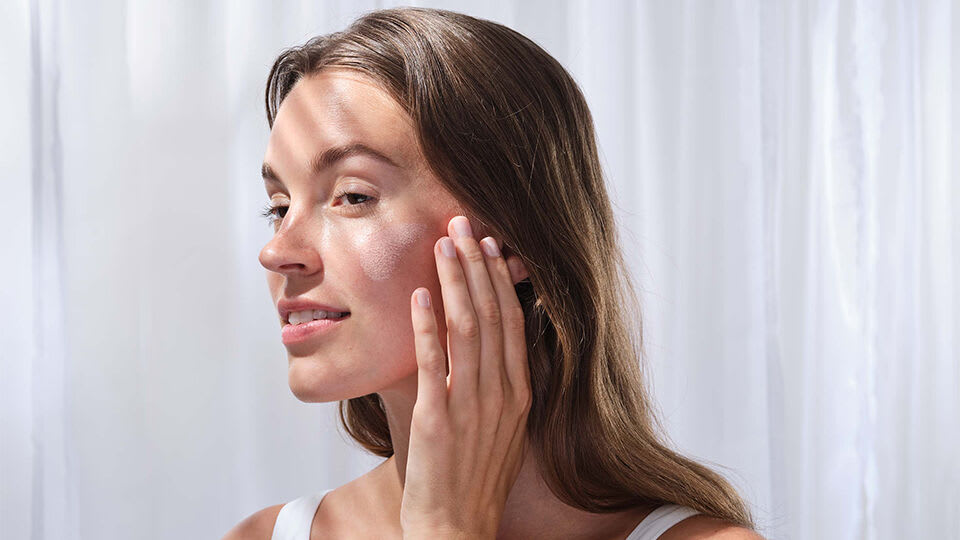
Is it really necessary to apply sunscreen every single day, even when it’s not sunny? Absolutely, the answer is a resounding yes.
You might wonder if sunscreen is necessary on days that aren’t sunny or when you plan to spend most of your time indoors. The consensus among skin care professionals is clear: sunscreen is crucial, regardless of the weather or your indoor plans.
Why Sunscreen Matters Every Day
Daily application of sunscreen to areas exposed to the sun is vital, not just an extra step in your routine.
Jessica “Nikki” Dietert, MD, emphasizes that even a brief 15-minute exposure to the sun’s UV rays can cause skin damage and potentially lead to skin cancer over time. An interesting point is that sun exposure can occur even while driving, with studies showing a higher incidence of skin cancers on the side of the body exposed to the sun through car windows.
The importance of daily sunscreen use extends to all weather conditions and even through windows, as UV rays can penetrate glass.
Choosing the Right Sunscreen
The American Academy of Dermatology recommends selecting a sunscreen that offers:
- Broad spectrum protection (against UVA and UVB rays)
- SPF 30 or higher
- Water resistance
For those with sensitive or acne-prone skin, mineral-based sunscreens containing zinc oxide or titanium dioxide are less likely to cause irritation.
The Broad Benefits of Sunscreen
Beyond protecting against skin cancer, regular sunscreen use can also:
- Delay signs of aging, like wrinkles
- Help fade scars
- Prevent skin discoloration
- Protect from harmful blue light exposure
Sunscreen for Every Skin Tone
A common misconception is that individuals with darker skin don’t need sunscreen. However, UV exposure is a significant risk factor for skin cancer regardless of skin color. Additionally, UV exposure can lead to premature aging in all skin types.
Vitamin D Considerations
While sun exposure aids in vitamin D production, the use of sunscreen does not necessarily lead to vitamin D deficiency. Alternatives like dietary sources and supplements can help maintain adequate vitamin D levels without risking skin damage.
Finding the Right Sunscreen for Melanated Skin
For those with melanated skin concerned about the white cast left by some sunscreens, there are options available that avoid this issue, including products specifically designed for darker skin tones.
Makeup with SPF
While makeup products may contain SPF, they typically do not provide enough protection on their own and should be considered an addition to, rather than a replacement for, regular sunscreen.
Additional Skin Protection Strategies
Alongside using sunscreen, wearing UPF clothing and seeking shade can offer additional protection. However, these methods should complement, not replace, the use of sunscreen.
The Bottom Line
Sunscreen is a non-negotiable part of daily skin care, crucial for protecting against the harmful effects of UV exposure. With the right product, everyone can enjoy the benefits of sunscreen without compromising on comfort or aesthetics. Remember to apply sunscreen every day, regardless of the weather or your plans, to ensure your skin stays healthy and protected.
